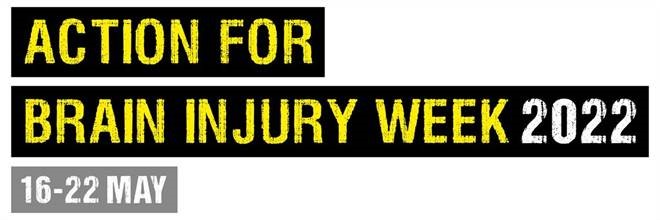In the second in our series recognising Action for Brain Injury Week, Emma Hall describes client Rosey's work to overcome a brain injury sustained in a motorbike collision.
If you met Rosey, you probably wouldn't realise that 12 months ago, she suffered a severe brain injury that put her in hospital for two months and in a Brain Injury Rehabilitation Unit for six weeks.
That is the strange thing about brain injuries – they rarely leave obvious physical scars or clear disability, which means the everyday challenges facing those living with one also tend to be hidden.
In May 2022, as Rosey travelled home on her motorbike from her job as a bar manager, a driver hit her. The force of the collision threw Rosey 20m in the air; the force of the impact when she landed split her helmet in half. The driver fled the scene, leaving witnesses to call the emergency services, and Rosey was rushed to hospital with severe head injuries, including a fractured skull requiring emergency surgery.

Prior to her accident, Rosey was an incredibly creative and sociable person. She worked in a popular bar and had won awards for her cocktail-making[1]. But the collision left her struggling not only with the physical impact of her injuries, but with memory loss, lack of concentration, hearing loss, and speech and language difficulties.
When I first met her, she came across as a quiet and unassuming character, until I started to ask about her job and her plans for the future. I watched her come alive as she spoke about her love of going to music events and creating cocktails. She explained that her goal was to own her own bar and live music venue. The creative side of her personality simply radiated from her.
Getting Rosey's creative side back became one of our main priorities when it came to her rehabilitation. We got a case manager on board who worked hard to put a strong therapy team in place, with the focus on finding ways to get her back out socialising and doing the things she loves.
If you were out and about on the town with Rosey, you might not realise she struggles to hear the music and people around her. If you sat next to her in a bar, you wouldn't know she was fighting to form words and sentences. If you did, you might even try to help by speaking for her – no-one wants to see a friend in difficulty.
Rosey's therapy team have given her mechanisms to deal with these situations, for example offering pacing and various breathing techniques to allow her time to formulate what she wants to say.
Rosey has also recently embarked on a photography course, previously a hobby but potentially now a new vocation. But it can be difficult for Rosey to follow instructions and multi-task in a busy, distracting and noisy environment like a classroom.
Fortunately, there are Apps Rosey can download onto her phone specifically designed for those who struggle with auditory processing, and specific exercises to help with her cognitive functioning in places full of background noise. Another very simple but effective tool that Rosey uses is to make a note when she has completed each step of a task, so she can easily refer back if she starts to find the task overwhelming.
The various tools at Rosey's disposal may not seem like much, but they are helping her to become more independent and confident in her every day activities, something that she may not have thought possible in the early days of her recovery.

